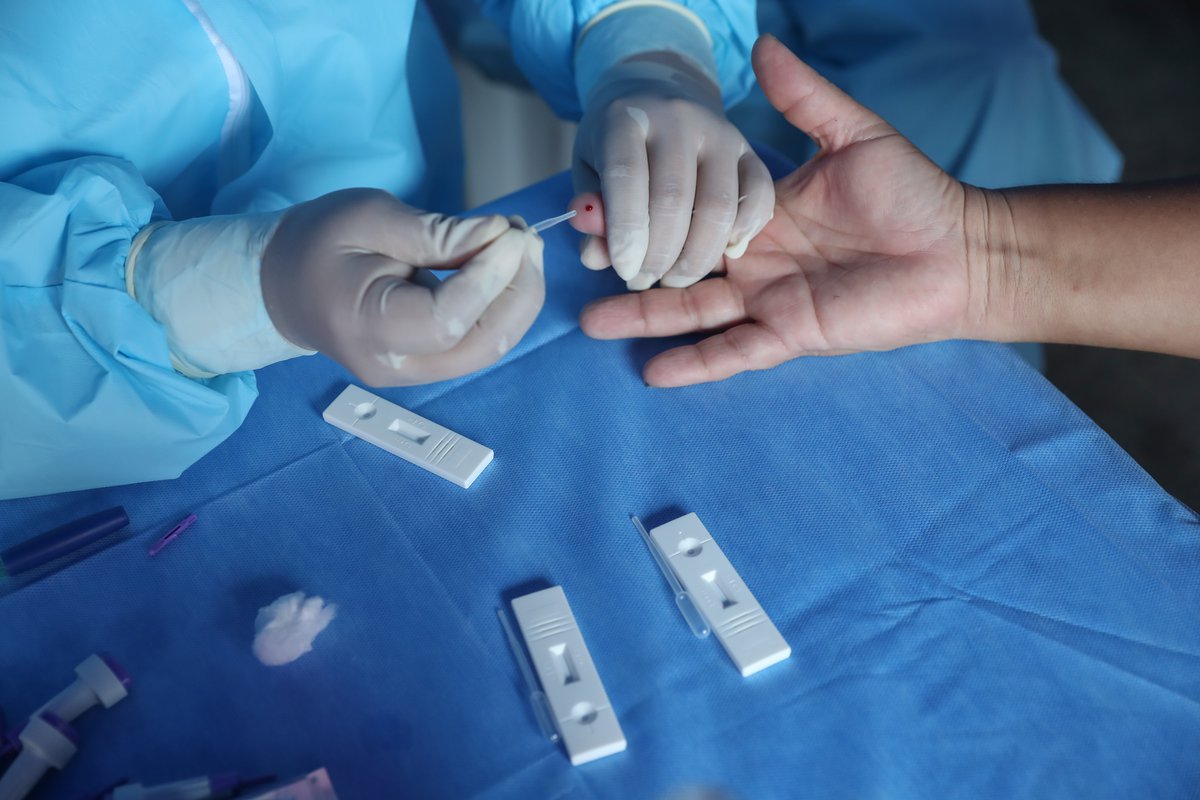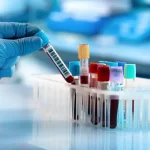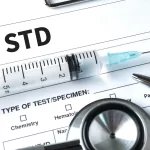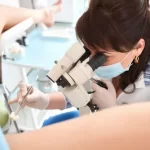There are many known disease-causing bacteria, viruses, and organisms worldwide. Every day, more substances causing ailments are being discovered. This has made there to be limited information on many disease-carrying microorganisms. This has led to developing techniques to identify these substances before treatment plans can be formulated. A common way of identifying these substances is antibody testing Otsego. Antibody testing and what it is about are discussed further below.
What is Antibody Testing?
Antibodies are substances found in the blood of patients that have been infected with or vaccinated against a virus causing an illness. They reveal your body’s preparedness or efforts to fight a particular virus. Once antibodies are created, they protect your body from contracting an ailment or getting extremely sick for some time afterward.
However, antibodies from either vaccination or infection disintegrate over time. The speed of their formation depends on each person and each disease.
The most recent use for antibody testing worldwide is identifying the SARS-CoV-2 virus that causes COVID-19. The following facts express the use of antibody testing in the identification of the SARS-CoV-2 virus:
- Unvaccinated people should get vaccinated
- Individuals already vaccinated should stay up to date with vaccine recommendations
- Steps to protect yourself and others from the virus should continue
- A positive antibody test shows you have COVID-19 antibodies from vaccination against or past infection from the SARS-CoV-2 virus
- Antibodies can take two to three weeks after infection to be formed by the body. This can make antibody tests unreliable when identifying a current disease.
- Antibodies often assist in preventing infections and are a marker of protection. However, some individuals with antibodies can get infected again after recovery from past illnesses or get infected after vaccination
- Medical professionals should be aware of the information various antibody tests give and how to interpret them.
- After getting a vaccine, an antibody test can be positive for some, but not all tests; thus, it is not recommended to assess your COVID-19 immunity
- A false positive involves a negative result for SARS-CoV-2 antibodies, although the antibodies are present. This can be minimized by selecting an antibody with high specificity while testing individuals previously vaccinated or those with COVID-19 in the past.
- Positive results for an antibody test does not mean you can not resume daily activities, but you should take precaution for your and others’ protection. This is because the test does not check for accurate, current infection.
- A viral test for current COVID-19 infection should be carried out if you suspect to have been exposed to someone with the illness or have COVID-19 symptoms regardless of whether you have antibodies or not
Antibody testing, especially for the SARS-CoV-2 virus causing COVD-19 infection, is crucial in getting to know more about this new disease despite being unable to determine the current infection accurately. This goes a long way in helping physicians find a cure or effective vaccine for the condition. For any questions about antibody testing, check out our website or call our Ham Lake, MN offices.








